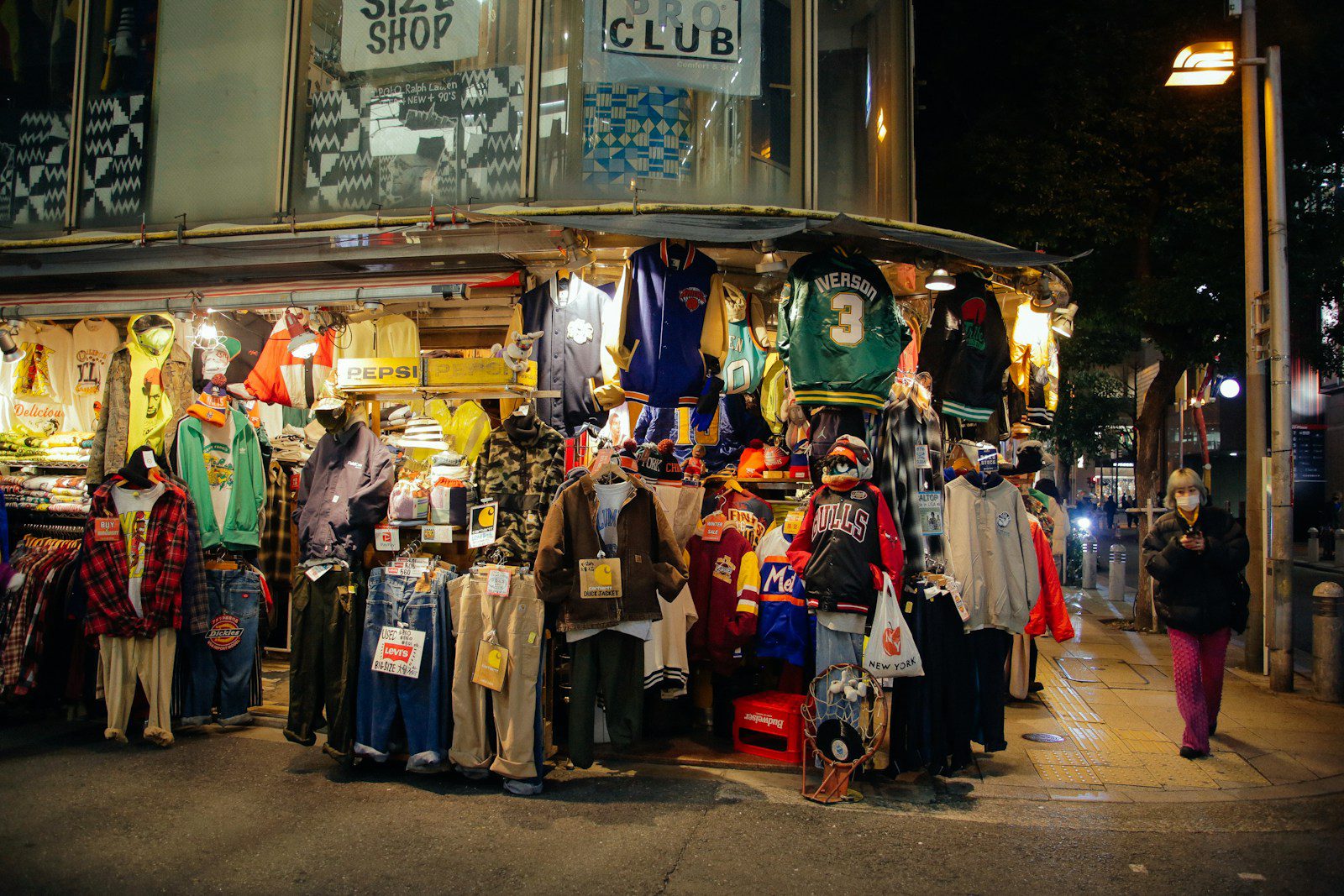I’ve always believed donating to thrift stores is a great way to declutter and help others. But recently, I learned there are legal rules about what thrift stores can accept. These rules affect both donors and the stores, shaping what items can be given.
Knowing which items thrift stores legally can’t accept anymore helps avoid wasted trips and frustration. It also ensures donations are safe and usable for everyone involved, making your giving more effective and appreciated.

Used mattresses
I’ve learned that thrift stores generally can’t accept used mattresses anymore. This is mainly because of strict health regulations in many states.
Mattresses are known for harboring bedbugs, dust mites, and allergens, which makes reselling them risky. Even if it’s clean, the rules often prevent stores from taking them.
If you want to get rid of a mattress, it’s better to explore recycling programs or special disposal services instead of donating it to thrift stores. This keeps everyone safer and avoids extra hassle for the stores.
For more details, you can check out what thrift stores secretly hate receiving.
Expired or opened cosmetics
I always make sure not to donate expired or opened cosmetics to thrift stores. These items pose hygiene risks, and stores are required to reject them for safety reasons.
Even if a makeup or skincare product looks fine, it might cause allergic reactions or harbor bacteria after being used.
That’s why thrift stores prefer only sealed, unused cosmetics. It keeps everyone safer and healthier when shopping. You can learn more about why places like Goodwill don’t accept opened personal care products here.
Medical supplies and sharps
I’ve learned that thrift stores can’t accept medical supplies like walkers, braces, or wheelchairs. These items need safety inspections and prescriptions, so donating them isn’t allowed.
Sharps, such as needles or lancets, are also off-limits because they pose health risks. It’s better to dispose of these properly through local medical waste programs.
If you want to help, consider donating unopened bandages or other non-prescription first aid items instead. This keeps everyone safe and supports the store’s mission.
For more details, you can check guidelines on Goodwill’s donation policies.
Car seats without current certification
I’ve learned that thrift stores usually cannot accept car seats that don’t have current safety certification. These seats may have expired or changed regulations that affect their safety.
Since recalls and new standards happen often, selling or donating old car seats can be risky. Many stores prefer to avoid any liability issues by not taking them at all.
If you have a car seat like this, some retailers and recycling programs accept them for proper disposal. It’s a good idea to check first with places that run trade-in events or accept expired car seats safely.
This keeps everyone protected and helps make sure only safe car seats get reused.
Where to Take Old Car Seats: Your Top Disposal Options
Electronics without safety certification
I always check for safety certification before donating electronics. Items without labels like UL or ETL can pose serious risks. Thrift stores often reject these because they can’t verify if the product meets current safety standards.
Electronics without certification might overheat or cause electrical problems. This can lead to injuries or fire hazards. It’s safer to recycle uncertified gadgets through official programs instead. This way, I know my donation won’t create safety issues or end up being discarded.
If you want to learn more about what thrift stores don’t accept and why, you can visit this page on items thrift stores don’t want.
Used underwear or personal clothing
I’ve learned that thrift stores can’t accept used underwear or certain personal clothing items. This is mainly due to hygiene laws and safety standards.
Most places require these items to be brand new and still in their original packaging. Otherwise, they simply won’t take them.
It makes sense because employees don’t want to sort through personal items that could carry germs. If you want to donate undergarments or swimwear, always check local rules first to be sure.
This way, your donation helps without any issues. For more on this, you can visit 8 Things You Should Never Donate to the Thrift Store.
Hazardous chemicals or solvents
I’ve learned that thrift stores can’t accept hazardous chemicals or solvents anymore. Items like paint, cleaning products, pesticides, and flammable liquids are considered dangerous.
These materials pose safety risks, both for the people handling donations and for the environment if not disposed of properly.
Because of legal and safety reasons, thrift stores must refuse these items. Instead, I recommend checking local hazardous waste disposal programs to get rid of them safely.
It’s better for everyone when these chemicals are handled by professionals rather than ending up in a thrift store.
Recalled toys
I always check for recalls before donating toys to thrift stores. Recalled toys can be dangerous, especially for little kids. They might have choking hazards or faulty parts.
Thrift stores legally can’t accept toys that have been recalled. Selling recalled toys puts kids’ safety at risk and can lead to serious injuries.
If you find a toy recall, it’s best to remove it from circulation. Don’t donate or resell recalled toys to keep everyone safe and sound. For more details, see this list of recalled toys.
Furniture with bed bugs
I always check thrift store furniture carefully because bed bugs are a real risk. These pests can hide in tiny crevices, making them hard to spot.
Since bed bugs can live up to a year without feeding, bringing infested furniture home could cause a big problem. I avoid items that show any signs of bugs or damage.
If I want secondhand furniture, I inspect it thoroughly and prefer to avoid pieces from uncertain sources. Washing or treating fabric parts helps me feel more secure before bringing anything inside. For more tips, see how to avoid bed bugs from thrift shopping.
Open or expired food products
I always stay clear of accepting open or expired food products at thrift stores. These items can pose health risks, especially if they’ve passed their expiration date or packaging has been compromised.
It’s important to remember that laws and safety guidelines typically prohibit thrift stores from taking these foods. This helps prevent potential harm to buyers and avoids legal issues.
I find it best to focus on non-perishable, unopened items instead. That way, everyone stays safe, and the products maintain their quality. For more on resale rules, you can check out information about resale and thrift store regulations.














